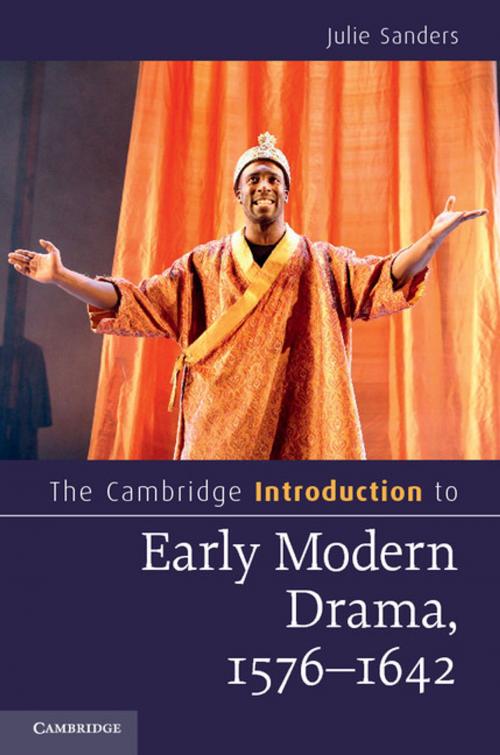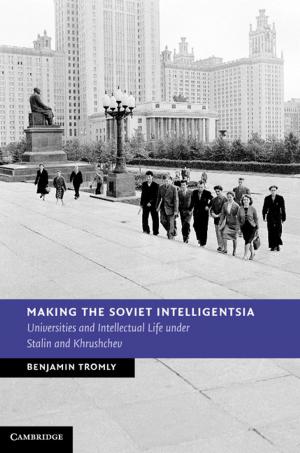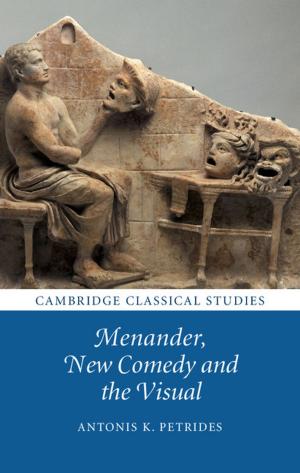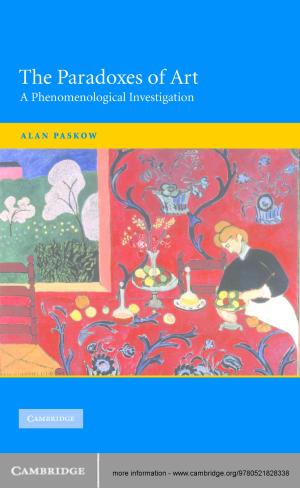The Cambridge Introduction to Early Modern Drama, 1576–1642
Fiction & Literature, Literary Theory & Criticism, Drama History & Criticism, Nonfiction, Entertainment, Performing Arts| Author: | Julie Sanders | ISBN: | 9781107720411 |
| Publisher: | Cambridge University Press | Publication: | February 20, 2014 |
| Imprint: | Cambridge University Press | Language: | English |
| Author: | Julie Sanders |
| ISBN: | 9781107720411 |
| Publisher: | Cambridge University Press |
| Publication: | February 20, 2014 |
| Imprint: | Cambridge University Press |
| Language: | English |
Engaging and stimulating, this Introduction provides a fresh vista of the early modern theatrical landscape. Chapters are arranged according to key genres (tragedy, revenge, satire, history play, pastoral and city comedy), punctuated by a series of focused case studies on topics ranging from repertoire to performance style, political events to the physical body of the actor, and from plays in print to the space of the playhouse. Julie Sanders encourages readers to engage with particular dramatic moments, such as opening scenes, skulls on stage or the conventions of disguise, and to apply the materials and methods contained in the book in inventive ways. A timeline and frequent cross-references provide continuity. Always alert to the possibilities of performance, Sanders reveals the remarkable story of early modern drama not through individual writers, but through repertoires and company practices, helping to relocate and re-imagine canonical plays and playwrights.
Engaging and stimulating, this Introduction provides a fresh vista of the early modern theatrical landscape. Chapters are arranged according to key genres (tragedy, revenge, satire, history play, pastoral and city comedy), punctuated by a series of focused case studies on topics ranging from repertoire to performance style, political events to the physical body of the actor, and from plays in print to the space of the playhouse. Julie Sanders encourages readers to engage with particular dramatic moments, such as opening scenes, skulls on stage or the conventions of disguise, and to apply the materials and methods contained in the book in inventive ways. A timeline and frequent cross-references provide continuity. Always alert to the possibilities of performance, Sanders reveals the remarkable story of early modern drama not through individual writers, but through repertoires and company practices, helping to relocate and re-imagine canonical plays and playwrights.















